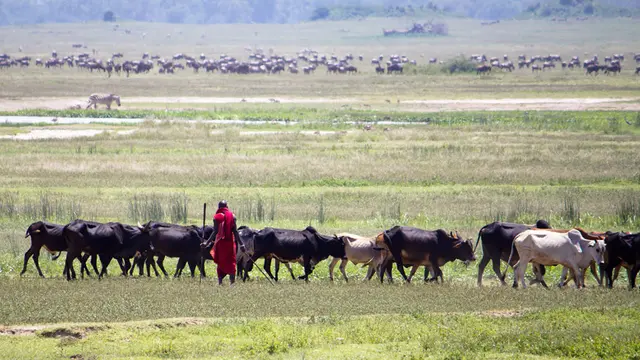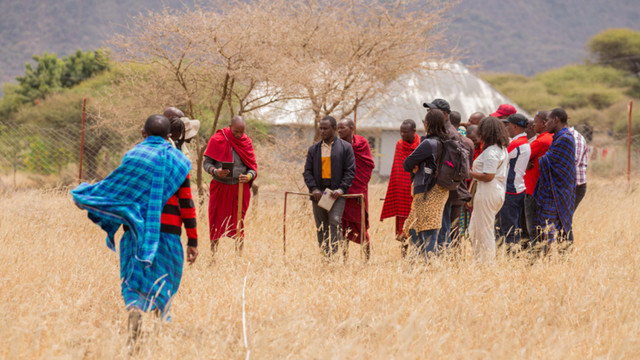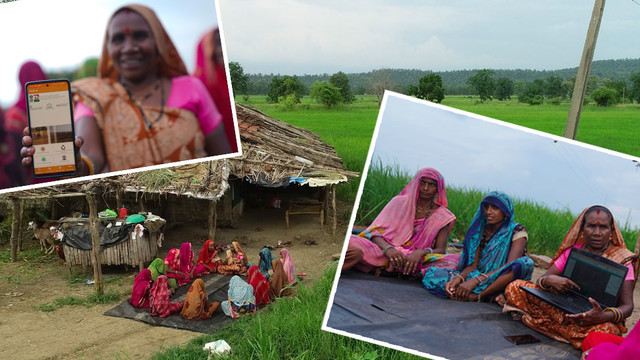1st International Conference on Community-Based Adaptation (CBA1)
In January 2005, IIED and partners organised the first major conference on community-based adaptation (CBA).

Women doing maintenance work on a fish sanctuary in Bangladesh (Photo: Paul Thompson/Challenge Program on Water and Food via Flickr, CC BY-NC-SA 2.0)
More than 80 experts, policymakers, NGO representatives and grassroots practitioners attended the conference, which was held in Dhaka, Bangladesh. Participants discussed the potential impacts of climate change on communities living in vulnerable areas and how best to enable communities to adapt to climate change.
About community-based adaptation (CBA)
Climate change is considered to be one of the most serious threats to sustainable development. Mitigation has traditionally been the main focus for many climate change experts, but adaptation to the effects of climate change is also vital for responding effectively, particularly in developing countries.
The concept of community-based adaptation emerged out of a growing recognition in the development community that those most vulnerable to climate change are the poorest people in the world's poorest regions. Many of these are not easily reached by government services, and mainstream, top-down approaches to climate change adaptation may have a limited impact.
As a result, many organisations began working with local communities to identify climate-related risks. This process was the first step towards developing community-driven initiatives to improve adaptive capacity.
First international conference
The main aim of the first CBA conference was to define the concept of CBA and to find ways of gaining acceptance for it. Participants shared their experiences of CBA projects and the lessons they had learned.
They also discussed finding mechanisms for influencing the broader development agenda and adaptation funding opportunities under the UNFCCC mandate.
The event was jointly organised by IIED, the Bangladesh Centre for Advanced Studies (BCAS), the Regional and International Networking Group (RING) and the International Union for Conservation of Nature (IUCN).
Find out more about the series of conferences in the community-based adaptation conference archive


